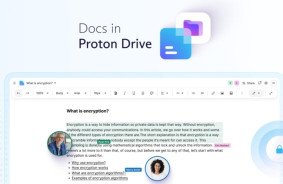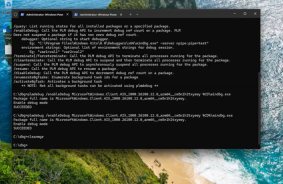Google has agreed to erase or anonymize browsing data records collected in privacy mode in Chrome. The proposed global settlement in the case of Brown v. Google will also require the company to provide more information on how it collects data in this mode and set restrictions on data collection in the future.
If approved by a federal judge in California, the settlement could affect 136 million Google users. The lawsuit filed in 2020 by Google account owners accused the company of unlawfully tracking their behavior using privacy mode.
The proposal is valued at $5 billion, this amount is calculated by determining the value of the data that Google has stored and will be forced to erase, as well as data that it may potentially not be able to collect. Google must delete data collected in incognito mode by December 2023 and earlier. Any data that is not completely deleted must be anonymized.
"This global agreement provides real accountability and transparency from the world's largest data collector and signifies an important step towards improving and protecting our right to privacy on the Internet," the plaintiffs wrote in a statement on the global settlement.
Google representative Jose Castaneda noted in a statement that the company "is pleased to settle this lawsuit, which we have always considered baseless." Although the plaintiffs assessed the proposed settlement at $5 billion, which they initially demanded as compensation for damages, Castaneda said they "get zero." The settlement does not include compensation for the class of plaintiffs, although individuals may file claims.
"We never link data to users when they use incognito mode. We are happy to delete old technical data that has never been linked to an individual and has never been used for any form of personalization," Castaneda added.
Part of the agreement includes changes to how Google informs users of limitations on privacy mode, which the company has already started rolling out in Chrome. Google has also agreed to allow users to block third-party cookies by default in this mode for five years. Individuals can still file lawsuits for damages in California state court under the terms of the settlement, with 50 such lawsuits already filed.
Earlier reports indicated final approval of the settlement by the end of February, but it happened later.
Source: The Verge














Comments (0)
There are no comments for now